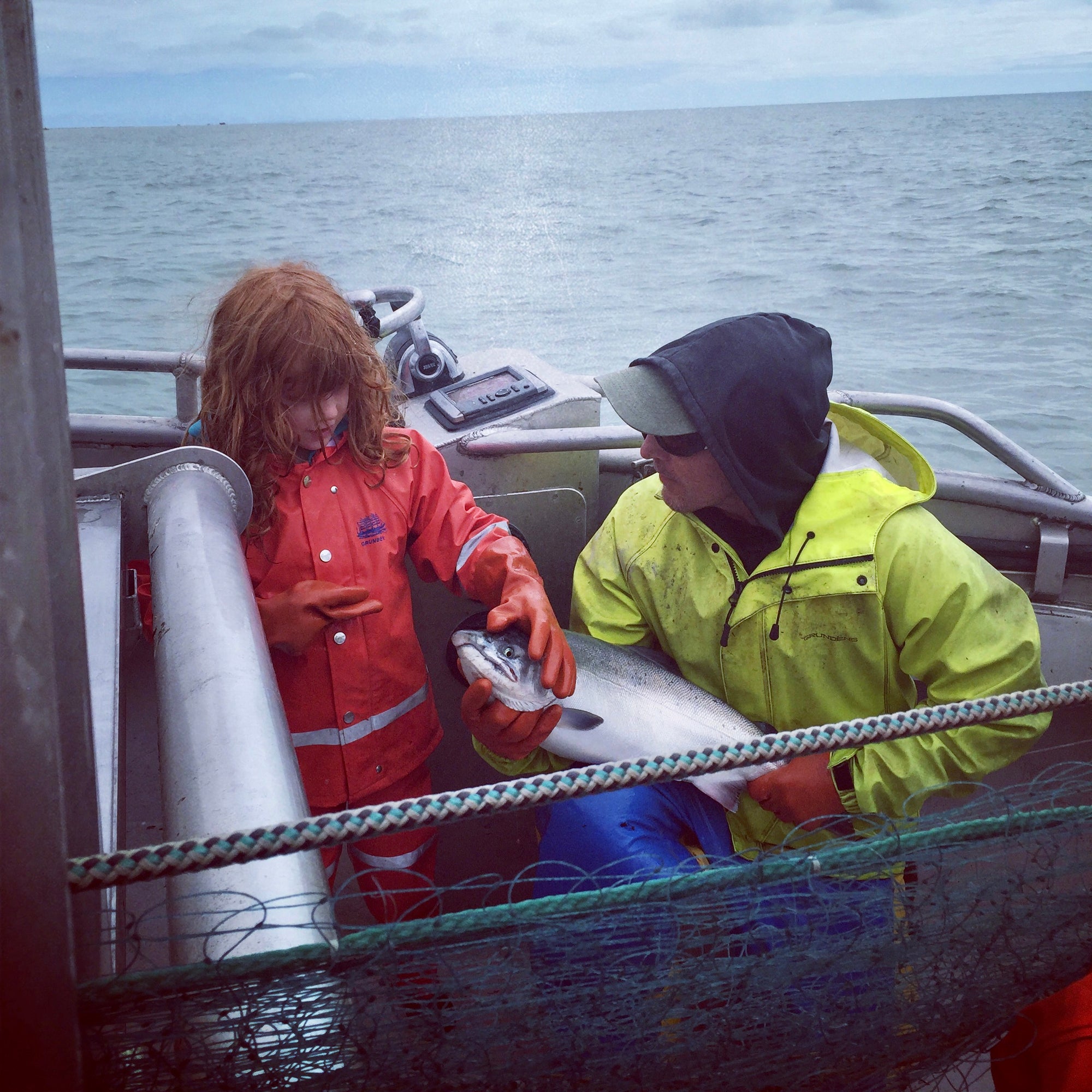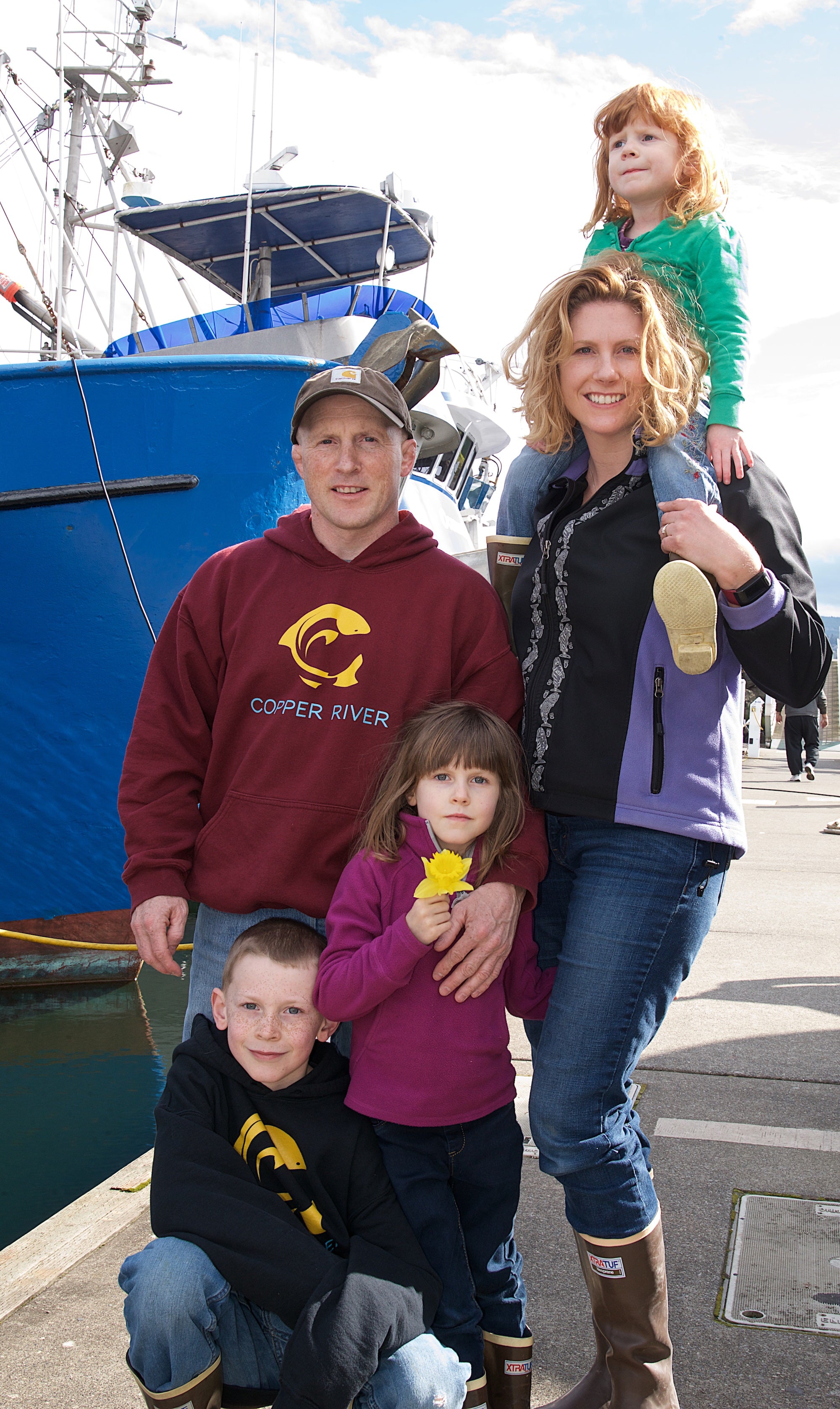Recently, I've been seeing a lot of media attention for salmon.
On the one hand, I love seeing salmon in the spotlight!
Especially when everyone is talking about the undeniable health benefits such as lowered rates of stroke and heart disease, reduced arterial stiffness associated with high blood pressure, anti-inflammatory effects that could be protective against obesity and Type-2 diabetes, and protection against age-related cognitive decline and neurodegenerative diseases, such as Alzheimer’s.
That's all good!
But here's the problem.
Several sources went on to make the case that unfortunately the public has to choose between overfished wild species or polluting farmed fish.
"For those concerned about the ecological impact of their food choices, salmon comes with some baggage; both the overfishing of wild species and farming-related pollutants are ongoing concerns. But experts said that all types of salmon outperform most animal sources of protein, in terms of environmental footprint."
Really, just two choices?
Do we have to choose between overfishing or the disgusting farmed fish that are pumped full of antibiotics, polluting our waters, and a threat to our wild stocks?
I don't think so.
Overfishing is a real concern for our oceans, but it's an international and illegal fishing problem. Our domestic wild salmon industry on the other hand, is tightly regulated for sustainability.
In 2022, Alaska's Bristol Bay, the largest wild salmon run on the planet set an all-time record for the largest return ever recorded!
I don't think we would be seeing the largest salmon returns ever if it was being overfished.
I would love it if our press would talk about a third option: choosing domestic wild and sustainable fish caught by American fishing families.
This is not a hard choice as wild Alaskan salmon represent 80% of all the wild salmon in the marketplace. It also happens to be the best-tasting and healthiest choice as well.
Our wild Alaskan salmon is carefully managed for sustainability. Alaska actually has sustainability written into the state constitution, with no fish farming allowed in the state of Alaska to pollute the waters or spread disease.
Think of it like regenerative farming - the good for you, good for the fish, and good for the planet option :)
If you've been here for a while, you know all this, but we need to SHOUT IT FROM THE ROOFTOPS so we can be heard over all the misinformation out there!
Tell your friends and family. Please help us spread the word and let people know about sustainably caught wild Alaskan salmon.

